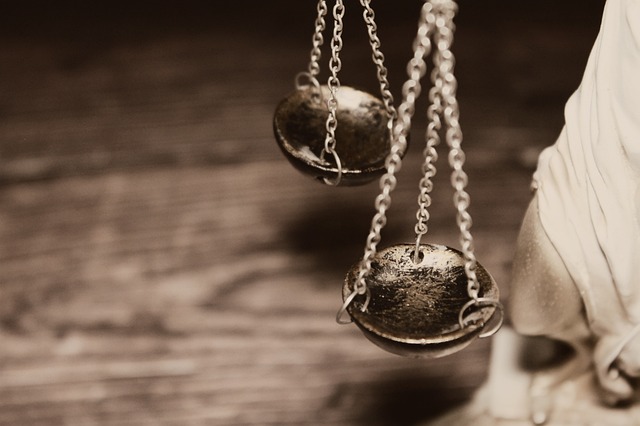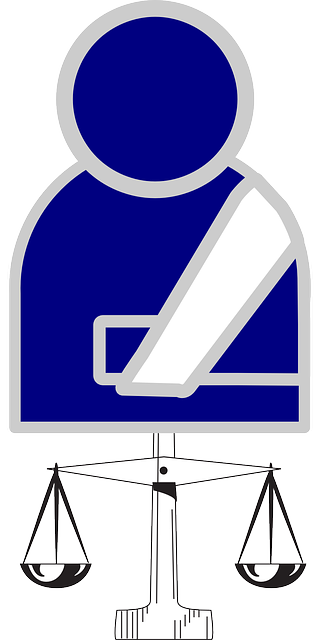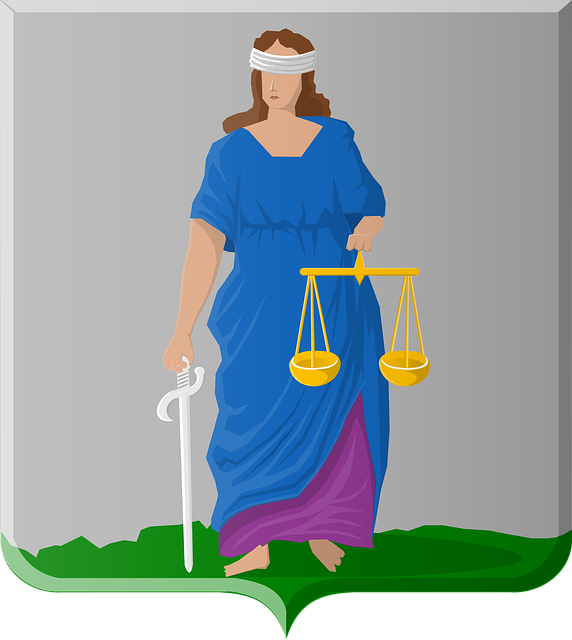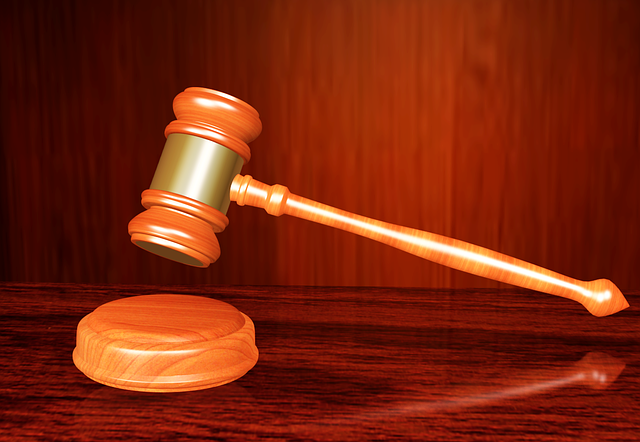Criminal justice defense requires profound legal knowledge and strategic skills to protect accused individuals. Defense attorneys navigate complexities of law, evidence, and procedure, offering expert guidance, challenging evidence, and advocating for alternative outcomes. Strategic investigation, analysis, and communication build compelling cases. Skilled representation in court proceedings ensures client rights are protected. Outcomes vary based on case details, local laws, and legal strategies, including dismissal, reduced charges, or not-guilty verdicts. Comprehensive services beyond courtroom representation address clients' holistic well-being, combining legal expertise with mental health support.
Looking for comprehensive legal services for your criminal defense matter? Navigating the complex criminal justice system can be overwhelming. This article provides a detailed guide on understanding the fundamentals of criminal justice defense, the crucial role played by legal professionals, and strategies for building a robust defense. We explore court proceedings, potential outcomes, appeals processes, and available resources, empowering you with knowledge in this challenging time. Discover expert insights tailored to your criminal defense needs.
- Understanding Criminal Justice Defense Fundamentals
- The Role of Legal Professionals in Criminal Defense
- Building a Robust Defense Strategy
- Navigating Court Proceedings for Criminal Cases
- Potential Outcomes and Appeals Process
- Resources and Support for Defendants
Understanding Criminal Justice Defense Fundamentals

The realm of criminal justice defense is a intricate and dynamic field, requiring a deep understanding of both the law and the legal process. At its core, it involves protecting the rights of individuals who have been accused of crimes, ensuring they receive a fair trial and adequate representation. Fundamental to this process is a comprehensive grasp of constitutional rights, evidentiary rules, and procedural laws.
Understanding these fundamentals is crucial for effective criminal justice defense. Lawyers must navigate the complexities of the legal system, interpret statutes and regulations, and construct robust arguments on behalf of their clients. By mastering these basics, they can provide strategic guidance, challenge evidence, and advocate for alternatives to conviction or reduced sentences. This expertise ultimately ensures that justice is not only sought but also served.
The Role of Legal Professionals in Criminal Defense
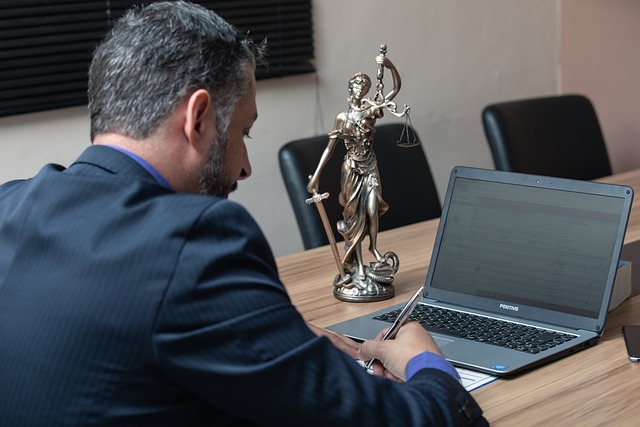
Legal professionals play a pivotal role in the intricate landscape of criminal justice defense. Their expertise is essential in ensuring that individuals accused of crimes receive fair and just representation. These professionals navigate the complex legal system, providing critical guidance and advocacy for their clients. They possess an in-depth understanding of laws, regulations, and court procedures, which are indispensable when defending against criminal charges.
By employing strategic legal arguments and negotiating with prosecutors, defense attorneys can often reach favorable outcomes, including reduced sentences or even acquittals. Their work not only protects the rights of the accused but also upholds the integrity of the justice system. In a world where mistakes can have permanent consequences, having skilled legal representation is paramount to ensuring that criminal defense matters are handled with the utmost proficiency and dedication.
Building a Robust Defense Strategy

A successful criminal justice defense strategy begins with thorough investigation and analysis. Legal professionals must meticulously examine all evidence, witness statements, and applicable laws to build a robust case. This involves uncovering potential weaknesses in the prosecution’s arguments, challenging the admissibility of evidence, and identifying legal loopholes that can be exploited. By employing strategic tactics, attorneys can navigate the complexities of criminal proceedings, ensuring their clients receive a fair trial.
Additionally, an effective defense strategy considers individual circumstances and client goals. Lawyers should communicate openly with their clients, gaining insights into personal histories and motives, which can significantly impact the case’s narrative. Customized approaches, tailored to each unique situation, enhance the chances of a favorable outcome in criminal defense matters.
Navigating Court Proceedings for Criminal Cases

Navigating court proceedings in criminal cases is a complex and daunting task, requiring skilled legal representation for those accused. The criminal justice system involves intricate rules and procedures that can be confusing and overwhelming for individuals unfamiliar with it. A qualified criminal defense attorney acts as a guide, ensuring their client’s rights are protected throughout the process. They help build a robust defense strategy, gathering evidence, interviewing witnesses, and navigating the legal landscape to secure the best possible outcome.
In court, attorneys present arguments, challenge evidence, and cross-examine witnesses, aiming to refute the prosecution’s case. They also work to mitigate sentencing options, negotiating pleas or advocating for acquittal. Effective navigation of these proceedings is crucial in the pursuit of justice, ensuring fairness and protecting the rights of those facing criminal charges.
Potential Outcomes and Appeals Process

The potential outcomes in a criminal justice defense matter can vary greatly depending on the specifics of the case and local laws. A skilled legal team can advocate for a range of results, from having charges dismissed or reduced to securing a not-guilty verdict at trial. In some cases, plea bargaining may be an option, allowing for a more favorable outcome than going to trial while still avoiding a conviction.
The appeals process is a crucial aspect of criminal justice defense. If a defendant is convicted, their attorney can file an appeal based on various grounds, such as errors in procedure, inadmissible evidence, or ineffective assistance of counsel. A successful appeal can lead to a reversal of the original verdict and a new trial, or even a dismissal of charges. Understanding the complexities of both potential outcomes and the appeals process is essential for anyone facing criminal justice defense matters.
Resources and Support for Defendants
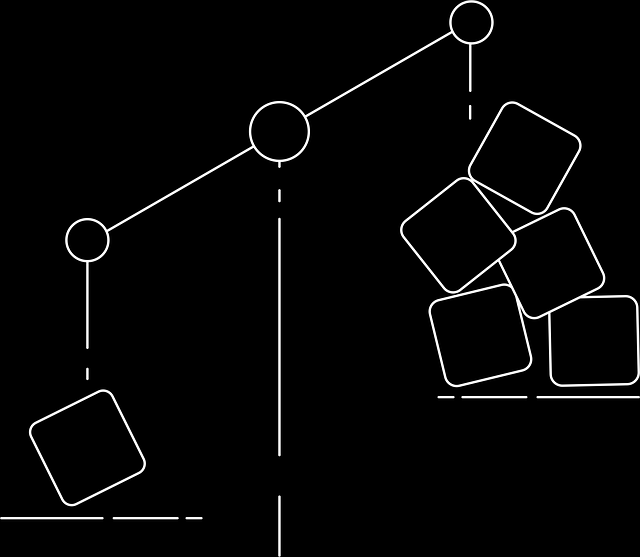
For individuals facing criminal charges, having access to comprehensive legal services is paramount. Beyond robust legal representation in court, defendants often require a network of resources and support tailored to their unique circumstances. This may include counseling and mental health services to address the emotional toll of the process, as well as help with navigating the complex system of criminal justice.
Many reputable criminal justice defense firms offer these additional services, recognizing that effective legal defense is not just about arguing in court, but also ensuring the holistic well-being of their clients. This approach recognizes the interconnectedness of a person’s legal and mental health, ultimately aiming to provide the best possible outcome for those facing criminal accusations.
